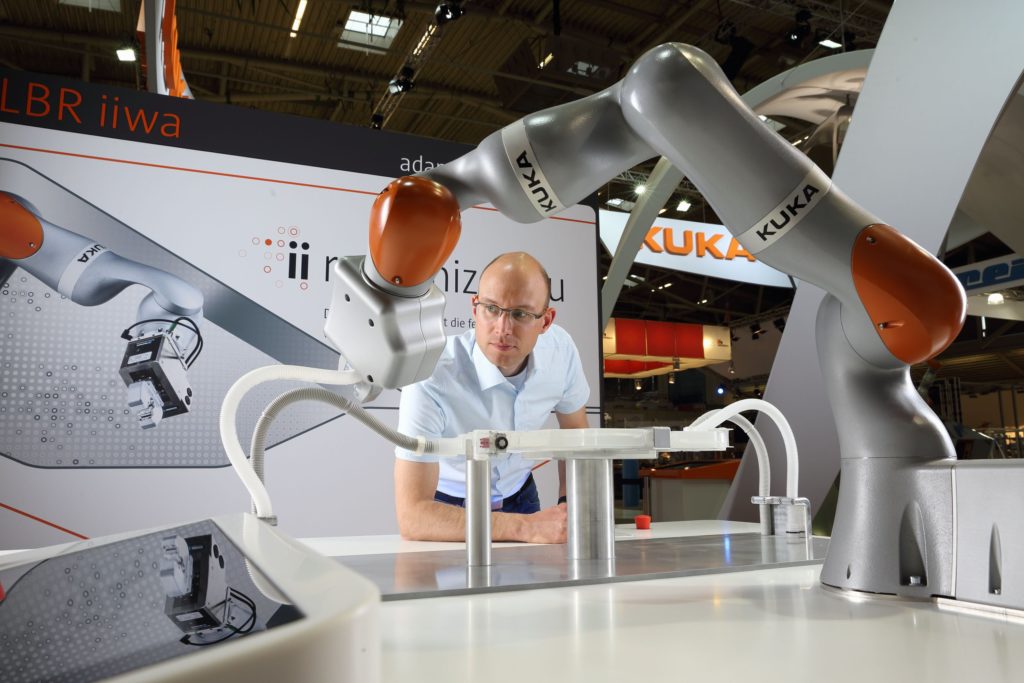« Learned relationships between abstract concepts, explored using latent vector arithmetic ».
Étiquette : artificial intelligence (Page 21 of 27)
« Racheté l’an passé par un autre géant, chinois cette fois-ci, pour 4,5 milliards de dollars, l’Allemand est désormais attendu par son nouveau propriétaire dans les foyers. Midea, l’acheteur de l’équipementier, est une firme asiatique d’électroménager et elle souhaite en effet mettre les technologies en question à contribution pour construire des robots domestiques ».
4 fois moins cher que Whatsappp…
« Les Chinois ont trouvé un moyen de contourner nos protections, nos garde-fous, sur le transfert de technologie grâce à l’investissement étranger. Et ils y recourent pour nous dépasser, autant économiquement que militairement » – James Lewis.
« The method they developed to beat Ms. Pac-Man could be used to help a company’s sales organization make precise predictions about which potential customers to target at a particular time or on a particular day. The system could use multiple agents, each representing one client, with a top agent weighing factors such as which clients are up for contract renewal, which contracts are worth the most to the company and whether the potential customer is typically in the office that day or available at that time » – Rahul Mehrotra.
Source : Divide and conquer: How Microsoft researchers used AI to master Ms. Pac-Man – Next at Microsoft
« It appears the government was concerned that 19-year-old Ke, who lost the first of three scheduled games by a razor-thin half-point margin, might have suffered a more damaging defeat that would hurt the national pride of a state which holds Go close to its heart ».
Source : China censored Google’s AlphaGo match against world’s best Go player | Technology | The Guardian
« Missed you darling… »
Via Vinclu
« The progress AI is making is far beyond our imagination. […]. I believe the future belongs to AI. But AlphaGo will always be a cold machine. Compared to human, I can’t feel its passion and love for Go. Well, its passion might only come from overheating with the CPU running too fast ». – Ke Jie
« In the first phase it’s going to be available (at) all tourist attractions (and) shopping malls in the city ».
While you were searching for love on Tinder, one creepy programmer was harvesting your A-game pics and distributing them in bulk to artificial intelligence researchers experimenting with facial recognition.
Source : Brogrammer scraped and uploaded 40,000 Tinder pics of ‘hoes’ online
« Style Check keeps your look on point using advanced machine learning algorithms and advice from fashion specialists. Submit two photos for a second opinion on which outfit looks best on you based on fit, color, styling, and current trends. Over time, these decisions get smarter through your feedback and input from our team of experienced fashion specialists ».
Que dire… !
Source : Introducing Echo Look – Hands-Free Camera and Style Assistant





